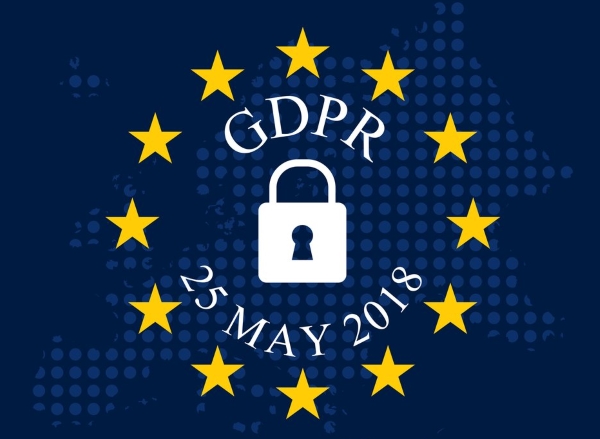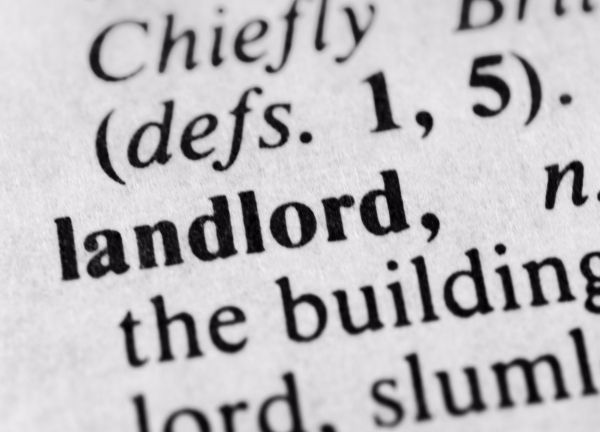In May this year, a new regulation becomes law within the European Union for anyone handling information of European Union citizens. Even with negotiations ongoing for the UK to leave the EU, the country will still be bound to honour the General Data Protection Regulation or GDPR beyond the end of full membership. The government recently announced it would adopt GDPR into British law; it’s highly unlikely this will be repealed at any stage. Even if the government intended to abolish it, we’d still be bound by those regulations where any organisation wishes to do business within any other organisation, government, business with an operating address inside the EU, or with and individual with European Union citizenship.

Explaining GDPR
GDPR is a set of regulations – 99 articles – governing data protection, responsibilities of those collecting data and the rights of those to whom it pertains. Laws and regulation presently varies within each member state regarding data protection. This has sometimes confused outside entities and led to frustration with sometimes different expectations. That’s why the EU Parliament and Commission were keen to unify standards and create a common and less confusing and disparate law. It’s been in place as a regulation since 2016 but come May, it becomes law.
GDPR governs data collection, storage, security protocols, how it may be used, how to gain permissions for use, when and how to discard or destroy and many other areas. It’s in place to ensure information is protected and ensuring responsible usage by those who collect it. In some cases, it requires employment of a person responsible for data protection. This does not have to be a new employee; an existing member of staff can be responsible. In an organisation employing 250 people or fewer, some critical exceptions are made. Naturally, this will include the majority of most landlords who operate a one-person business managing multiple properties.

What Does GDPR Mean for Landlords?
It applies to any controller and processors of information pertaining to individuals. This means almost everybody working in any form of business as we all receive personal information. For landlords, that means personal information, contact information, credit check data and anything else of value, about your tenant or tenants. This won’t just apply to international students coming from the European Union, but domestic students too as the UK has agreed to honour its previous commitments to GDPR.
GDPR applies to landlords, even when you are a one-person outfit, simply because you process and handle a lot of personal information relevant to your business. The best place to go for information regarding GDPR compliance in the UK is the ICO. They have published a handy 12-step guide to getting ready for the new laws.